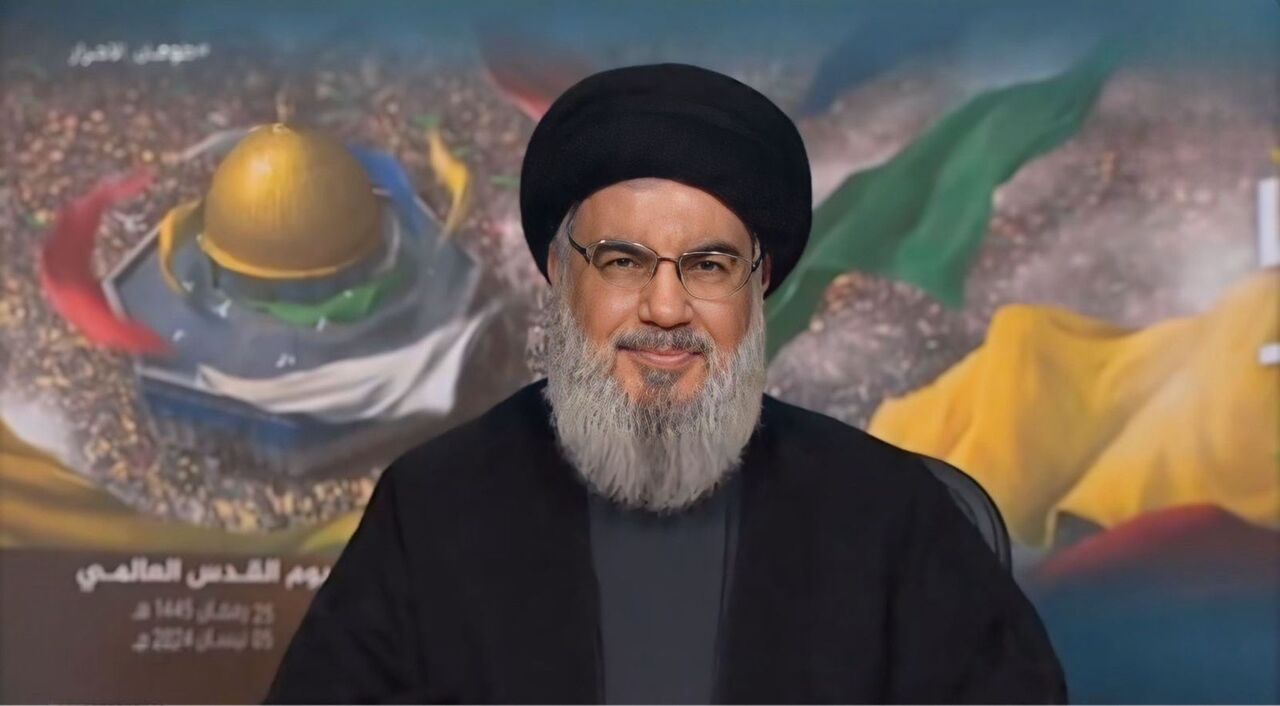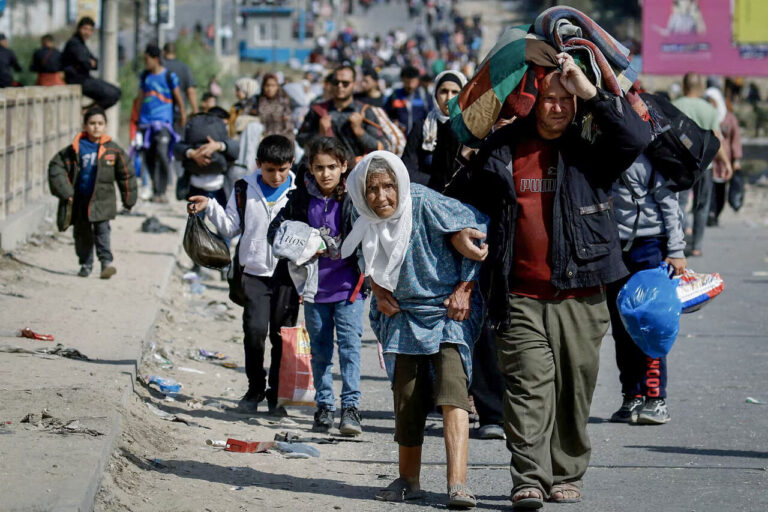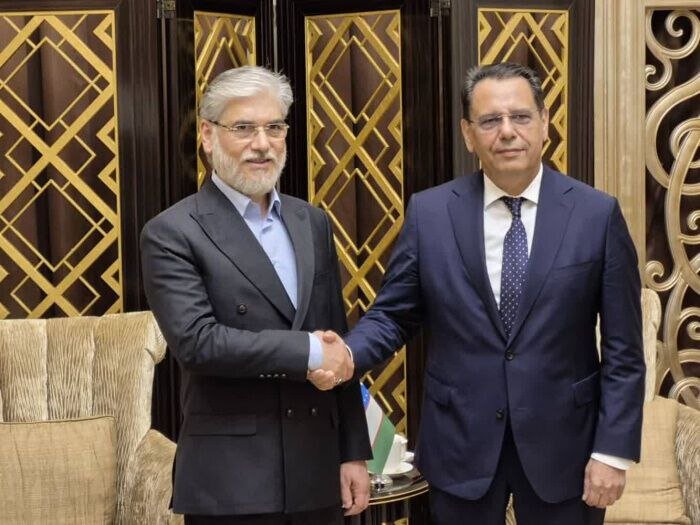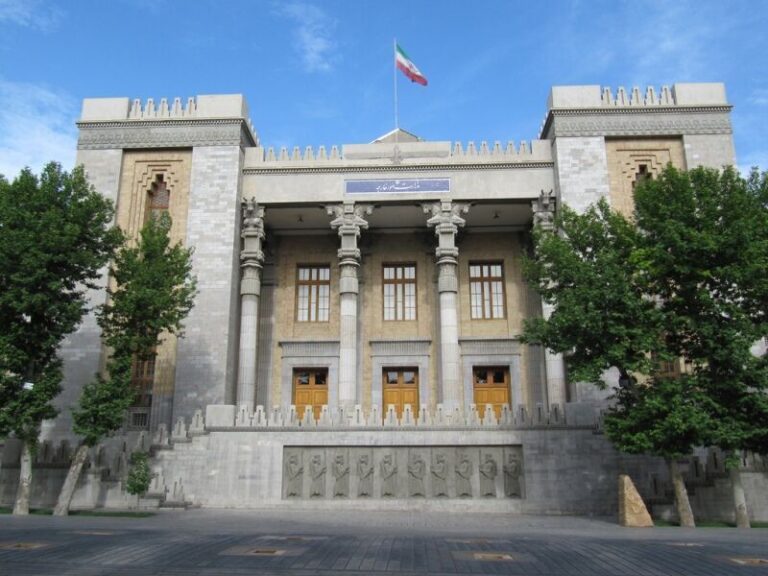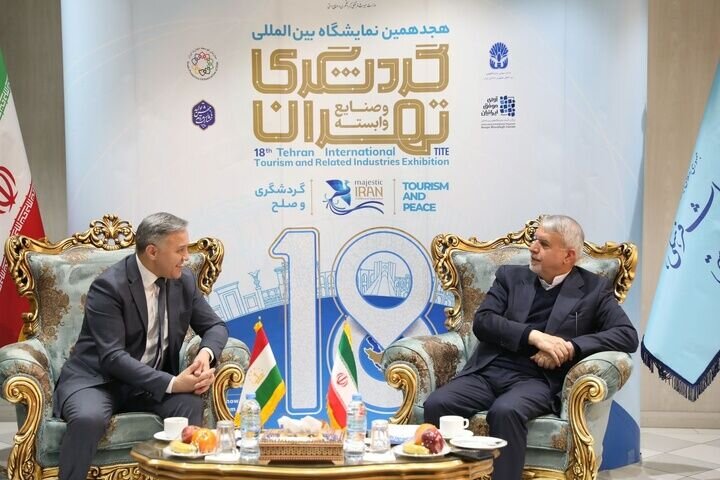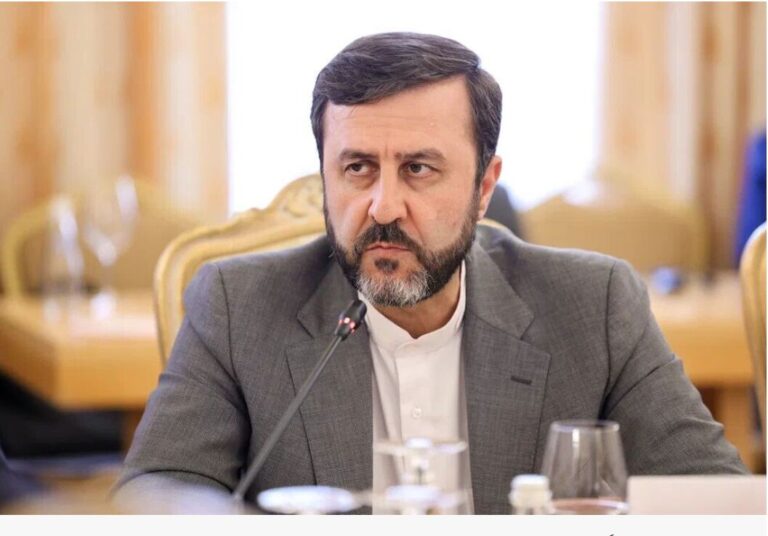Beyond the Battlefield: Iran’s Foreign Minister Discusses Nasrallah’s Enduring Legacy
In a heartfelt tribute, Iran’s Foreign Minister Abbas Araqchi reflects on the enduring legacy of the assassinated Hezbollah leader Sayyed Hassan Nasrallah, emphasizing his significant impact beyond the battlefield. This commentary was shared on the same day as Nasrallah’s historic funeral, five months after he tragically lost his life in an Israeli airstrike in Beirut.
Araqchi, who attended the funeral in Beirut, described Nasrallah as a visionary strategist who transformed Hezbollah from a mere military faction into a powerful political and ideological force. He stated:
“Sayyed Hassan Nasrallah cannot be simply described as a military commander or politician. He was a strategic thinker who managed to present a modern model of the resistance that has been transformed from a military tactic into an ideological, political and social framework. Nasrallah’s legacy goes beyond the battlefield, and lies in his deep views on the future of the Resistance Front and regional independence.”
According to Araqchi, Nasrallah elevated the resistance ideology to a strategic level across the West Asia region, especially at a time when many Arab and Islamic leaders yielded to external pressures. He noted:
“He believed that the legitimacy of any movement stems not from weapons or foreign support, but from public backing. Consequently, he transformed Hezbollah from a guerilla force into a significant player in the political, social, and cultural spheres of Lebanon and the Islamic world. This was his unique ability to evolve a military movement into a civilizational and moral discourse on both regional and international stages.”
Araqchi further commended Nasrallah for his unwavering support of the Palestinian cause, asserting that Palestine represents not only a territorial dispute but also a humanitarian and historical issue linked to the honor of the Islamic world. He emphasized:
“Men like Nasrallah live on through their ideologies. This path, nurtured by the blood of fighters, will endure thanks to the resolve of freedom-seeking nations. The future belongs to those nations who prioritize dignity over humiliation, resilience over surrender, and hope over despair.”
In summary, Araqchi’s reflections highlight Nasrallah’s transformative vision and the enduring influence of his ideology on the Resistance Front and the broader region.
